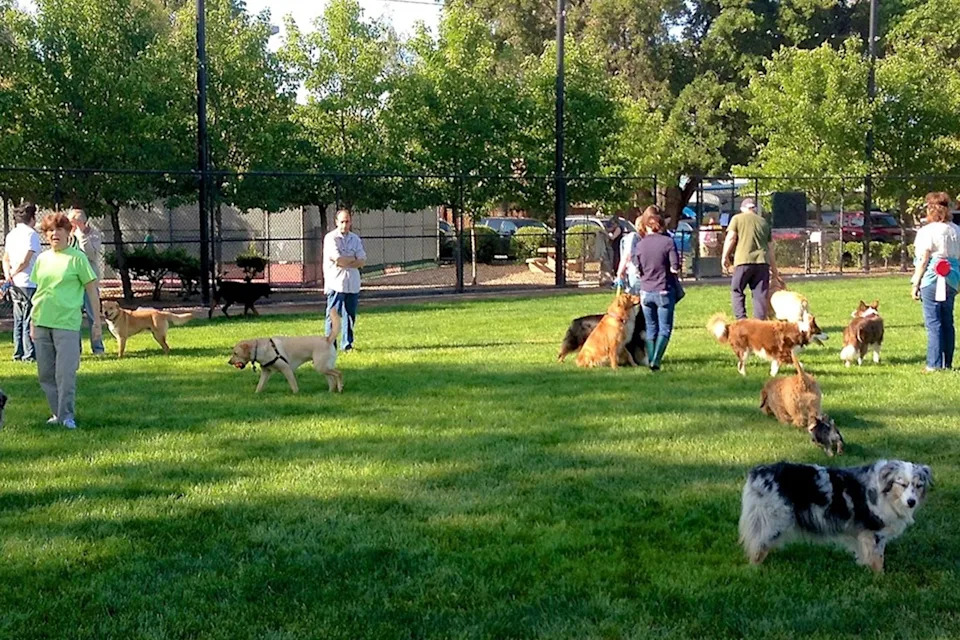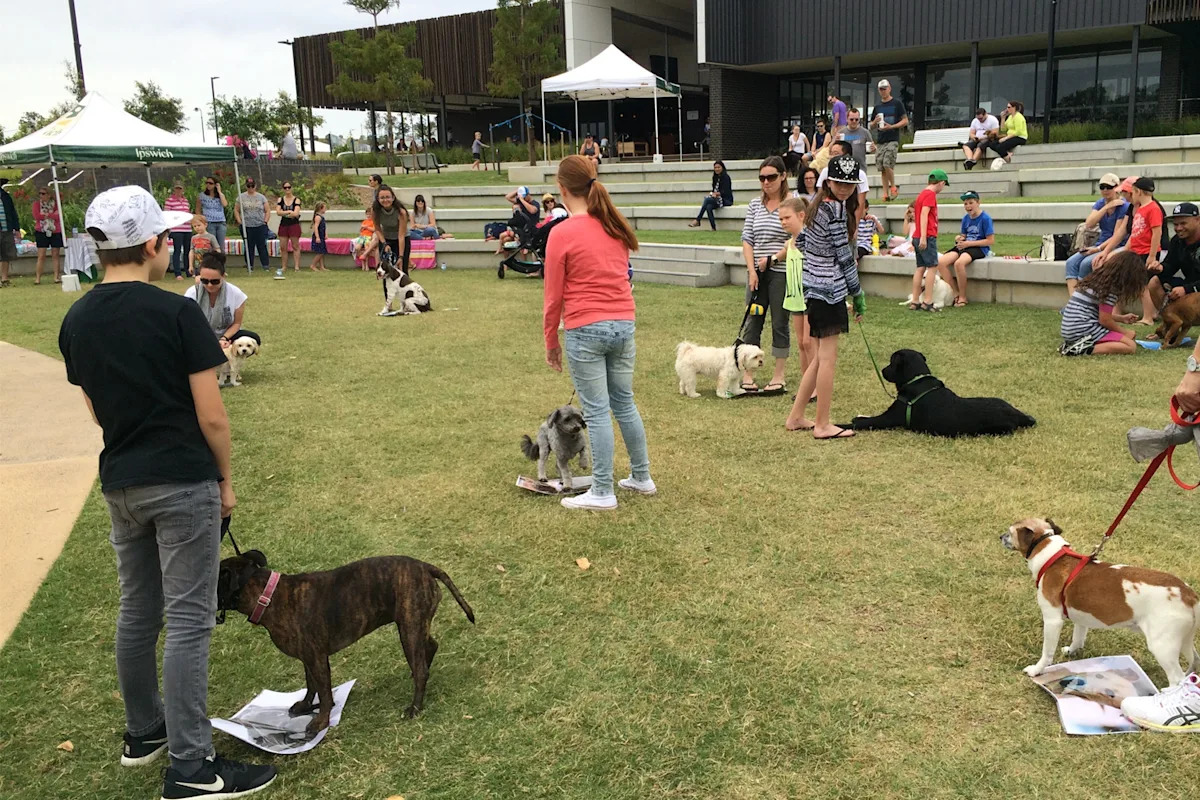Victoria will soon double the pet registration fee it collects from councils, rising from $4.51 to $9. The government said the increase will help fund animal welfare initiatives – including support for the RSPCA – but critics have slammed the move as a “cash grab”, saying households are already struggling enough.
The $9 represents the state-mandated portion of the fee that goes directly to the Victorian government, while councils can add extra charges for local services or lifetime registrations. The amount councils collect from residents varies across the state. The City of Melbourne charges $215 for a standard dog registration fee. In Bendigo, the annual fee is $52.
Local authorities are expected to pass the $4.51 increase on to residents, meaning all 1.4 million pet-owning households in the state could feel the impact when the rise comes into effect in July.
The changes, which passed through parliament last week, are likely to generate in excess of $10 million in extra revenue each year, drawing criticism from some who argue residents are already battling with crippling cost-of-living pressures. Across Victoria, pet owners are required to register their dogs and cats annually with a payment to their local council.
RSPCA Victoria has previously warned that animal cruelty reports are expected to rise by 25 per cent this financial year, and said that its current annual funding of $2.5 million falls far short of the estimated $10.8 million needed to properly investigate and manage these cases.
In Victoria, much like in most of Australia’s states, the cost of living remains a major concern, with families struggling to keep up with rising bills for food, energy, and everyday essentials.

Across Victoria, there are thought to be over two million cats and dogs. Source: Moira Shire Council
Victorian opposition slams ‘cash grab’ pet tax
Shadow Treasurer Jess Wilson pointed to the 2024–25 Financial Report, revealing Victoria’s net debt is soaring by over $2 million every hour. She branded the move a “petty cash grab”.
“Victorians are already struggling with the highest taxes in the nation — and now Labor wants to tax the family pet,” Wilson said, The Herald Sun reported.
“After years of waste and mismanagement, Labor’s run out of money and ideas. So instead of fixing the budget, they’re taxing cats and dogs.”
From GP visits and school fees to the Emergency Services Tax, households have already felt the pinch, Wilson said. “The government should be focused on easing cost-of-living pressures, not making it more expensive to own a pet,” she added.
But a Victorian government spokesperson hit back, saying funding raised will go towards much-needed animal welfare relief.
“This will fund the RSPCA, responsible pet ownership programs, animal welfare initiatives, research into domestic animal management, and the administration of the laws that protect our pets,” they said.
“Critically, these fees also fund RSPCA Victoria inspectors who are on the frontline protecting animals, relieving suffering and ending cruelty across the state.”
RSPCA says powers will be limited without increased funding
In May, Dr Liz Walker, CEO of RSPCA Victoria, sounded the alarm over a sharp rise in animal cruelty reports involving horses compared with the previous year. She warned that, without increased funding, the RSPCA could be forced to stop investigating and supporting horses, poultry, and livestock.
In addition to the rise for cats and dogs, registration fees for greyhounds will also increase from $3.50 to $7, as they are classified separately due to their status as racing animals.
According to the 2023 Victorian Pet Census, there were over two million cats and dogs throughout the state, across 1.4 million homes.
The changes come in contrast to a Western Australian council that announced last week it would waive pet registration fees in a new initiative aimed at promoting responsible pet ownership.
The City of South Perth said that while pet registration renewals are usually due by October 31, the city will, this year, waive the fee for lifetime registrations for sterilised dogs and cats. To promote sterilisation, the city will waive one-year registration fees for unsterilised dogs.
“Registration fees are waived for sterilised pets to promote responsible pet ownership by preventing unwanted litters and reducing the increasing number of animals in rescue,” a spokesperson for the city told Yahoo News.
Do you have a story tip? Email: newsroomau@yahoonews.com.
You can also follow us on Facebook, Instagram, TikTok, Twitter and YouTube.


